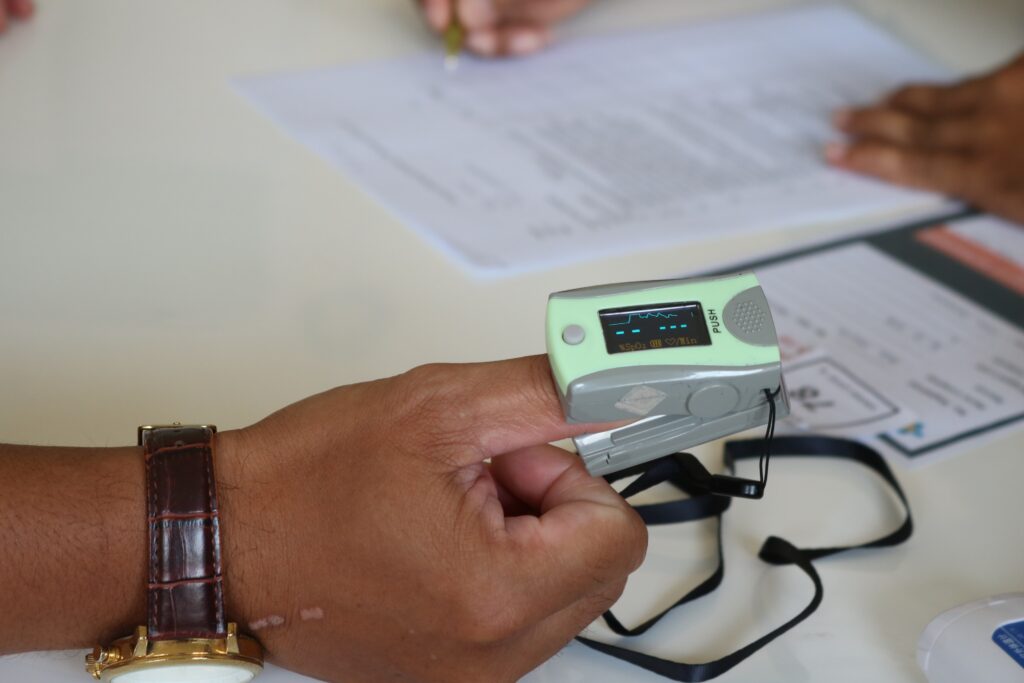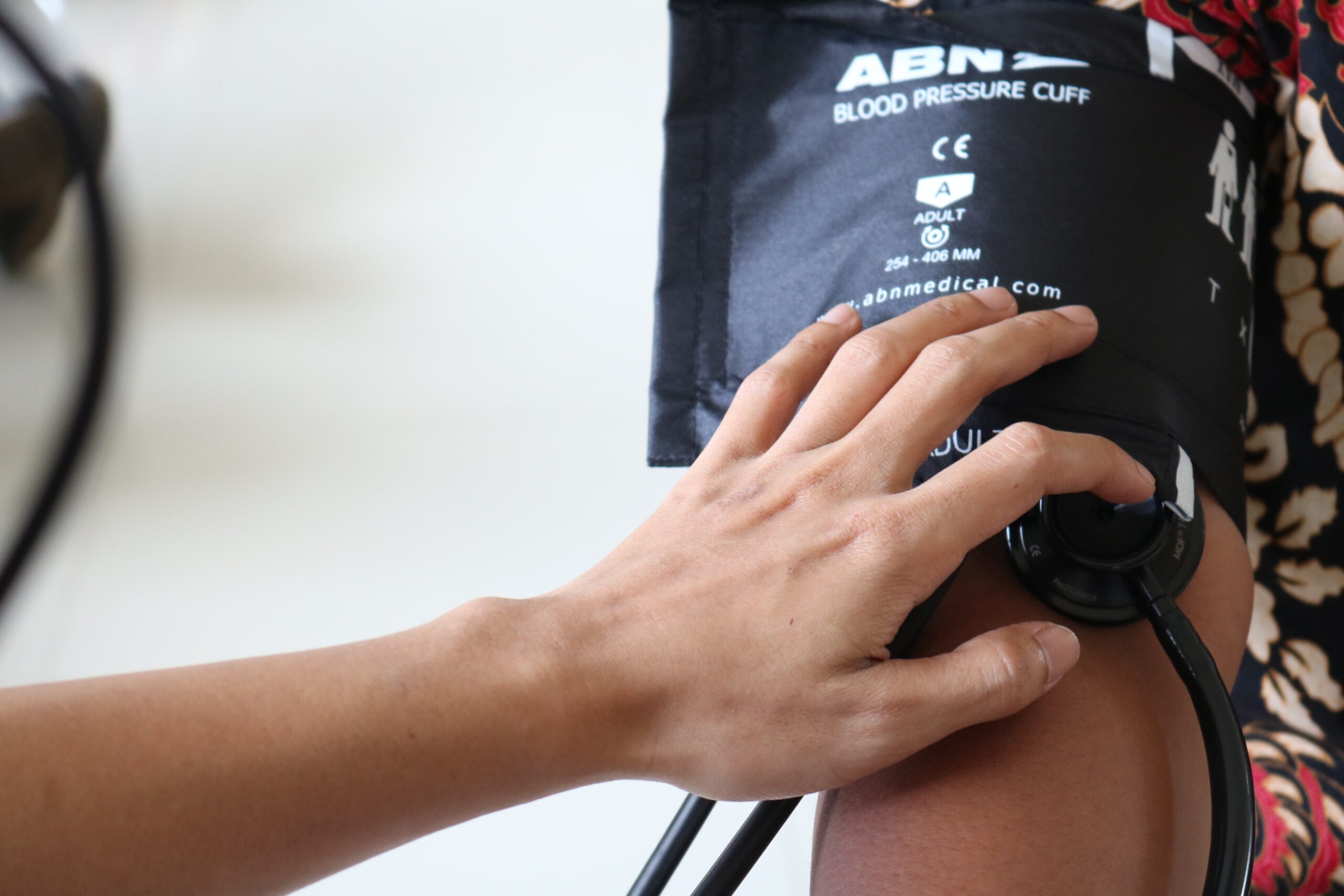As we get older, our schedules become busier, our to-do lists become longer and our priorities change. It is understandable why many adults are not taking the time out to check on their physical health and wellbeing. However, as we age, our health ages too and we adopt higher risks for illnesses and health problems. It is important to take time out of your schedule and prioritise checking on your health.
It is overwhelming to think about looking after every part of your body and being hyper-aware of every sign and symptom, as a lot of the time aches, pains and unusual feelings are not sinister or life-threatening. But it is important to understand the checks you should acquire as you age just to ensure your body is not at risk or currently suffering with any unknown illnesses.
Routine Physical Check-Up
A routine check-up is a general diagnostic test that helps ensure your current overall health is in a good condition. Your doctor may advise you to acquire a check-up annually. However, the frequency of your visit will be dependent on your age and your health status.
At a routine physical check-up, you should be prepared for a doctor to ask you a number of questions regarding your physical health, lifestyle, dietary habits, and anything else that they deem necessary. They may also check your weight, height and heart rate.
Well Man Test
A well man test is suitable for checking a male’s red blood cells, cholesterol, vitamin D levels, hormone levels and proper liver and kidney function. A well man test is an extremely beneficial method in checking many different health factors all at once and can be done in a short space of time. Again, you should be prepared to answer questions regarding your lifestyle habits.

Body Mass Index (BMI)
Another type of diagnostic test is BMI, which is calculated based on your height and weight. A scale known as the BMI range is used to determine which weight categories may lead to health issues. Ensuring an optimal BMI status is essential for preventing coronary artery diseases, diabetes, eating disorders and even cancer.
You should not worry or stress if you are not within a healthy BMI range for your age and height, as your physician can help you get back on the right track by suggesting certain dietary habits and other lifestyle changes.
Skin Cancer Screening
Skin cancer screening is one of those tests that often gets neglected. However, checking for changes in your skin such as freckles and moles can help save your life. Skin cancer does not always make itself known obviously, which is why it is important to be familiar with your existing freckles and moles and any other skin changes you may notice.
Individuals with a family history of cancer are usually encouraged to get monthly or bi-monthly check-ups. A skin cancer screening is an incredibly beneficial method in detecting any dangerous or life-threatening issues.

Bone Density Tests
With the progression of one’s age, brittle and fragile bones can be difficult to avoid. Many individuals are also prone to developing conditions such as osteoporosis and arthritis, which lead to easily broken bones and can impact your ability to live a full, healthy life.
Males and females over the age of 65, are recommended to get bone density tests to check for lack of calcium and other bone minerals if they:
- Previously have broken bones
- Suffer from arthritis
- Have taken steroids for prolonged periods
Final Words
Even with your overwhelming schedule, work, and family commitments, it is essential to check on your health every now and then. The tests mentioned have the ability to save your life, and can catch any sinister health problems on time, increasing the chances of curability. These tests are fast, easy, and convenient and you can acquire them at your doctor’s office. It is important to look after your body as after all, you are your longest commitment.

